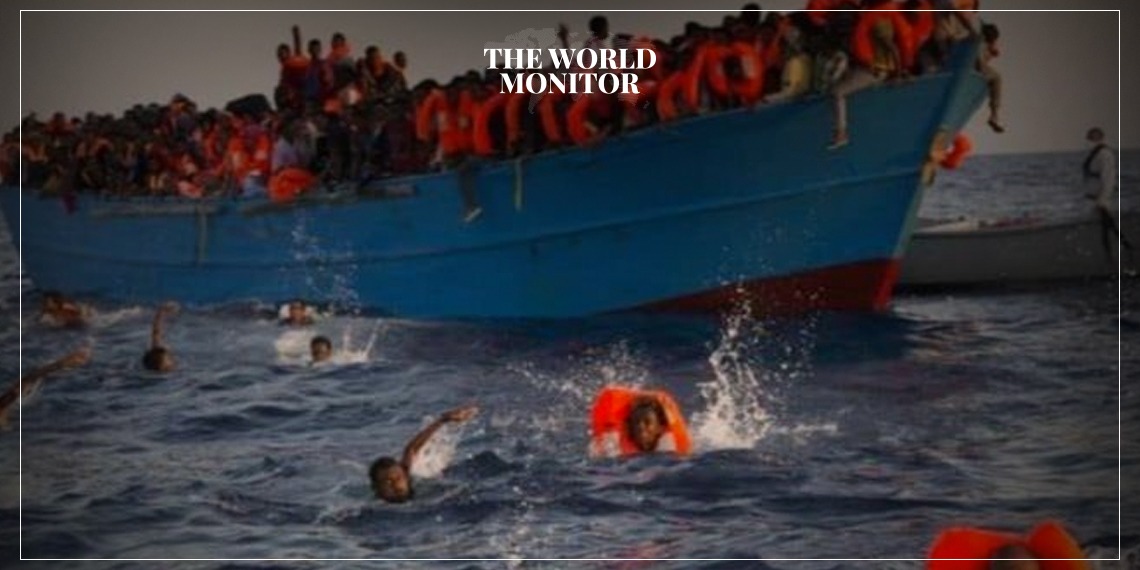The International Organization for Migration (IOM) announced the rescue and return of 442 migrants to Libya last week, bringing the total to 1,004 irregular migrants returned since the start of 2024. Among those returned last week were 68 women and 25 children, off the western coast of Libya.
The total number of migrants intercepted and returned to Libya this year reached 1,004, including 31 children, adding to the 17,190 migrants rescued in 2023. Additionally, there were 962 deaths and 1,536 disappearances recorded last year.
The IOM called for urgent actions to halt the flow of migrants to Europe, urging the international community to find lasting solutions to end this humanitarian tragedy. Cooperation between countries of origin, transit, and destination is essential to ensure the protection of migrants and provide safe and legal migration alternatives.
The National Human Rights Institution also called for addressing the conditions of detention centers for irregular migrants, improving their management, and ensuring they are run by a single authority to reduce violations and abuses migrants face.
The institution urged the Attorney General to review detention centers not affiliated with the Anti-Illegal Immigration Agency, noting that many were established by military units and security agencies not specialized in handling illegal immigration issues, including the Border Guard Force under the Ministry of Interior, specifically mentioning the Al-Assah and Al-Jamil shelters. This practice is seen as violating the law (No. 19 of 2010) on combating illegal immigration and is inconsistent with the Cabinet Resolution No. (386) of 2014, which stipulates that the Anti-Illegal Immigration Agency has the sole authority to establish and manage migrant detention centers.
The institution reported the exploitation of migrants in these centers for tasks like cleaning and extortion for their release or for obtaining their passports, which it views as crimes punishable by law and severe violations of human rights and the principle of humanitarian protection under international humanitarian law.
Illegal immigration in Libya has been a significant issue, particularly after the Arab Spring and the subsequent political instability that engulfed the country. Libya’s strategic location along the Mediterranean coast has made it a key transit point for migrants aiming to reach Europe. The country’s shift towards pan-African unity in the late 1990s, as evidenced by its role in establishing the African Union and other regional bodies, led to an open preference for Sub-Saharan African immigrants. However, in recent years, Libya has emerged as the main transit country for illegal migration to Europe due to the EU’s treaties with other Mediterranean countries and Gaddafi’s political maneuvers using migration as leverage against European countries.
The situation for migrants in Libya has been dire, with reports of severe human rights abuses, including enforced disappearances, arbitrary detention, torture, extortion, and even killings. Migrants intercepted at sea by the Libyan Coast Guard, supported by the EU, face these abuses upon their return. Amnesty International has documented the horrific conditions and abuses faced by migrants in both official and unofficial detention centers, with some being subjected to enforced disappearances and others experiencing extreme violence and torture. The situation has been compounded by the involvement of militias and armed groups in the detention and abuse of migrants, with some forcing migrants to participate in military operations.






